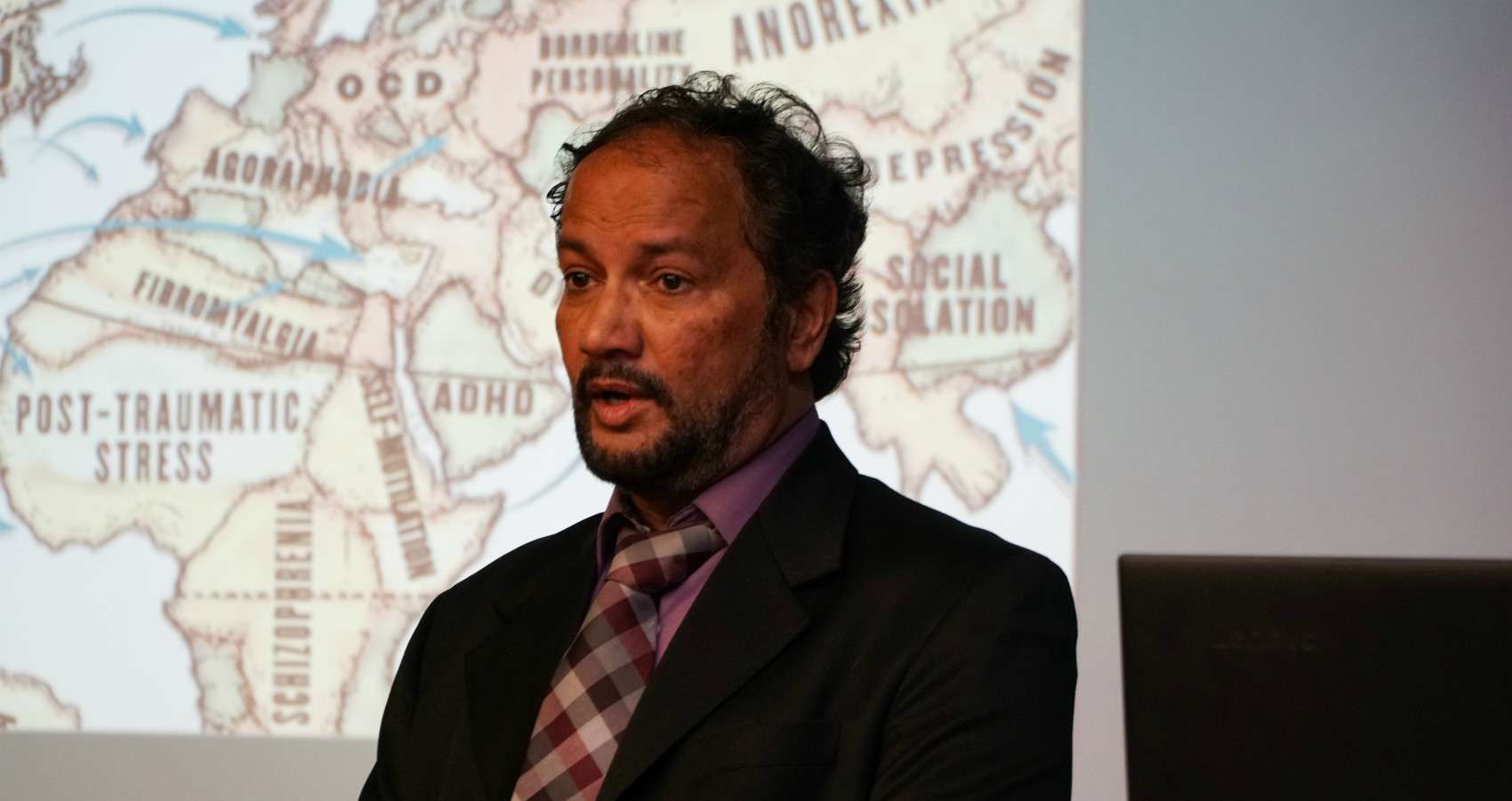


Speaking at panel about the history of psychology and psychiatry, Dr. Uddin with 30 years of experience as a practitioner said, mankind is still trying to understand how brain works, the most "complex machine" that has ever existed. "With over 7.146 billions of models it is also the most ubiquitous. We still do not yet understand how it works. By defining the functionality of certain areas of the brain and by understanding some of the mechanics at the neural chemical level, we still remain ignorant of how the braid coordinates all of its activities and develops language, thought and a sense of self." he said.
Dr. Uddin emphasized that old nations accepted reality without questioning it. According to Dr. Uddin, when nations started to gain experience from life, their way of thinking changed gradually. "They believed in god of fever and god of epilepsy. They were worshiping them in order pray for cure from the diseases." he said. Dr. Uddin stressed that as civilizations like Babylons and Egyptians started to appear, the way of thinking improved. "For example, ancient Egyptians referred to hysteria, as a mental disorder attributed to women" he said. According to Dr. Uddin they then started to explain the causes of those diseases. "Egyptians identified the cause of hysterical disorders as a spontaneous uterus movement within the female body with lack of sexual needs" he added.
Saying that Indians also believed in gods of knowledge and pleasure Dr. Uddin said, "In the classical era, people started reasoning things and did not accept it without thinking of the causes as civilizations did before. Then figures like Hippocrates and Plato contributed psychology positivaly." According to Dr. Uddin, sciences are synonyms for Muslim scholars. Drawing attention to the writings of Muslim scholars Dr. Uddin said, "The term Nafs (self or soul) was used to denote individual personality and the term Fitrah for human nature. Nafs encompassed a broad range of faculties including the "galb" (heart), the "ruh" (spirit), the aql (intellect) and "irada" (will). Al Kindi, Farabi, Ibn Sina, Imam Al Ghazali, Ibn Rushd and Abu Bakr Al Razi were some of the great Muslim scholars who have contributed to science."